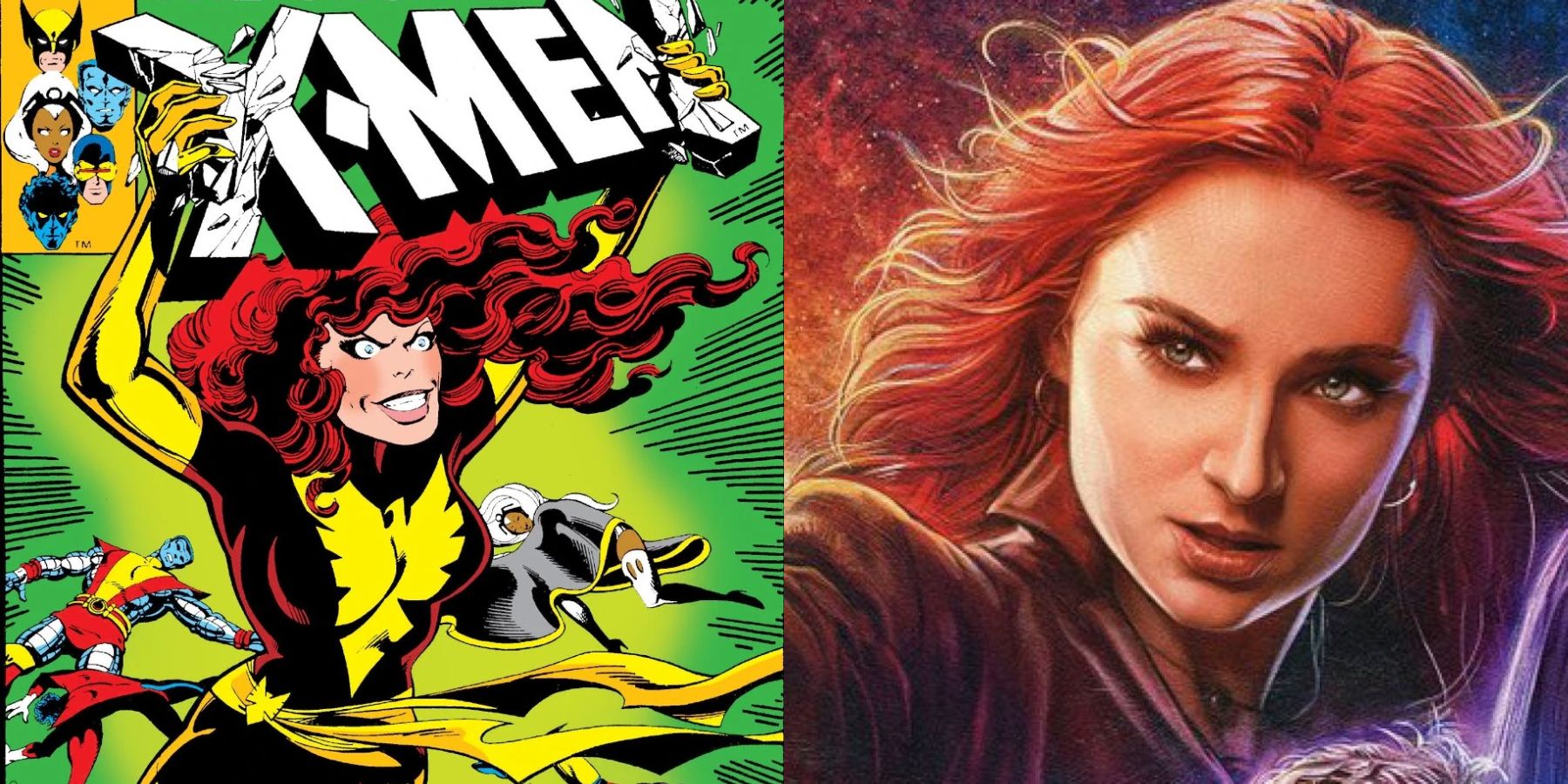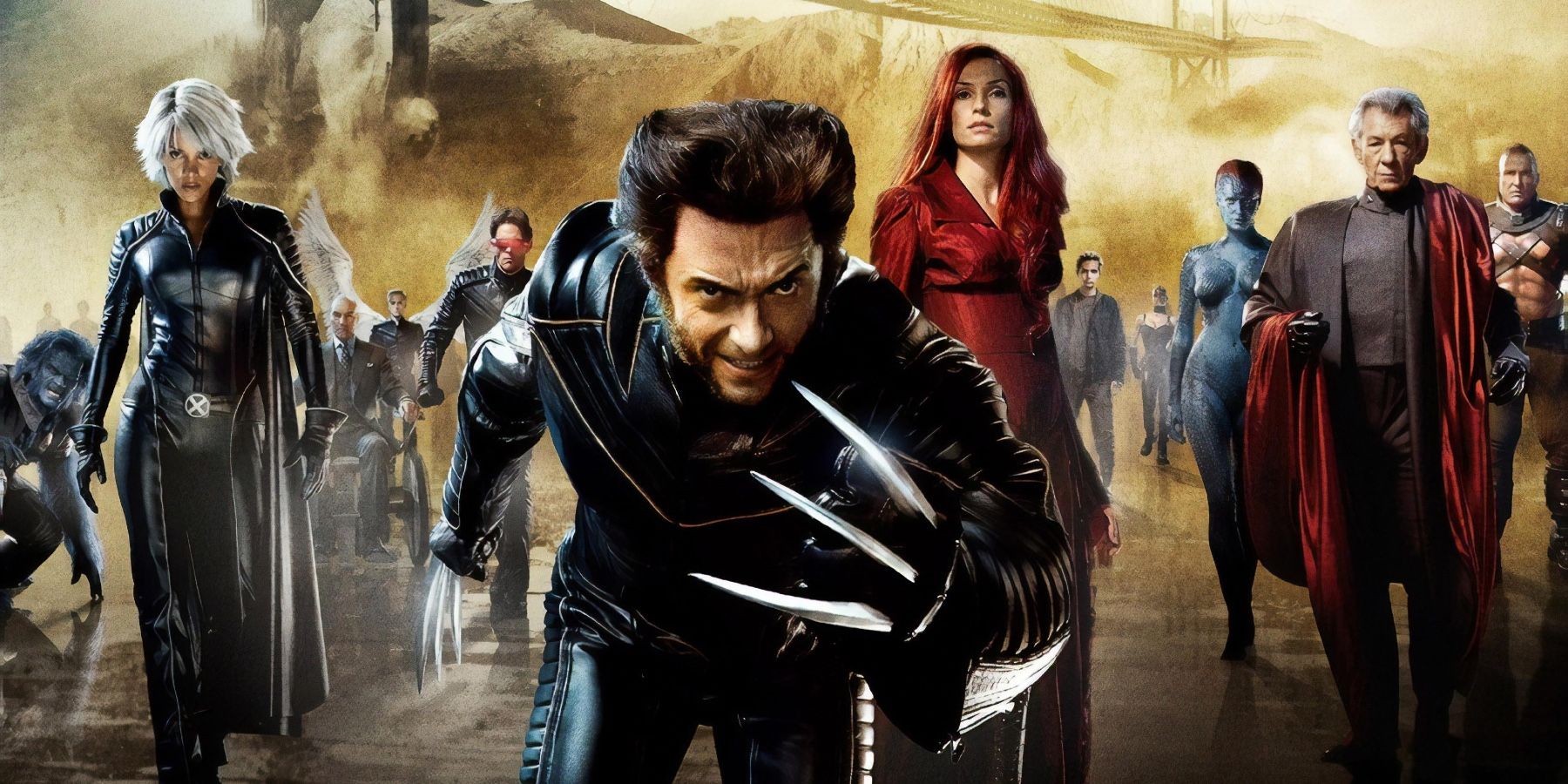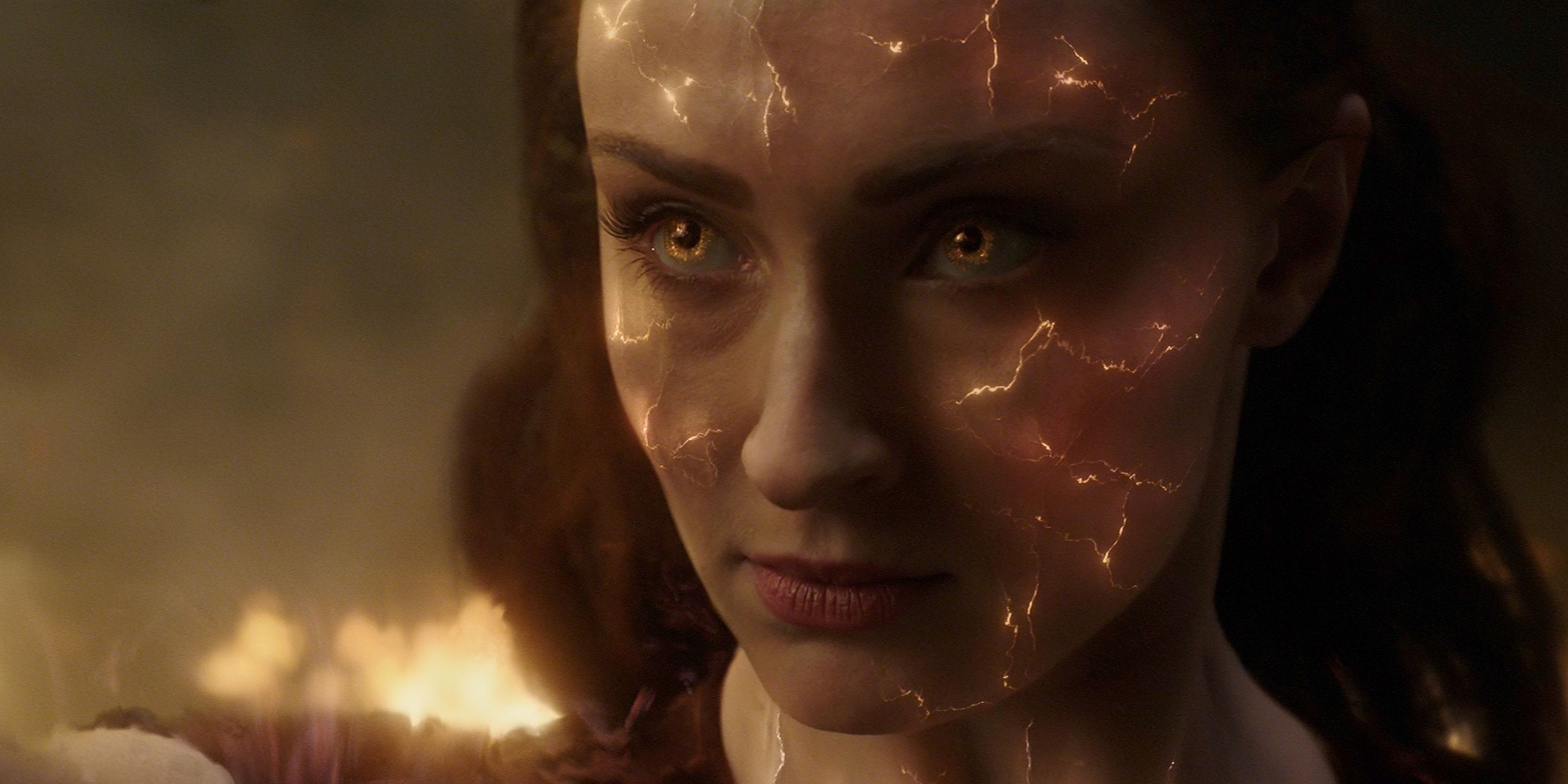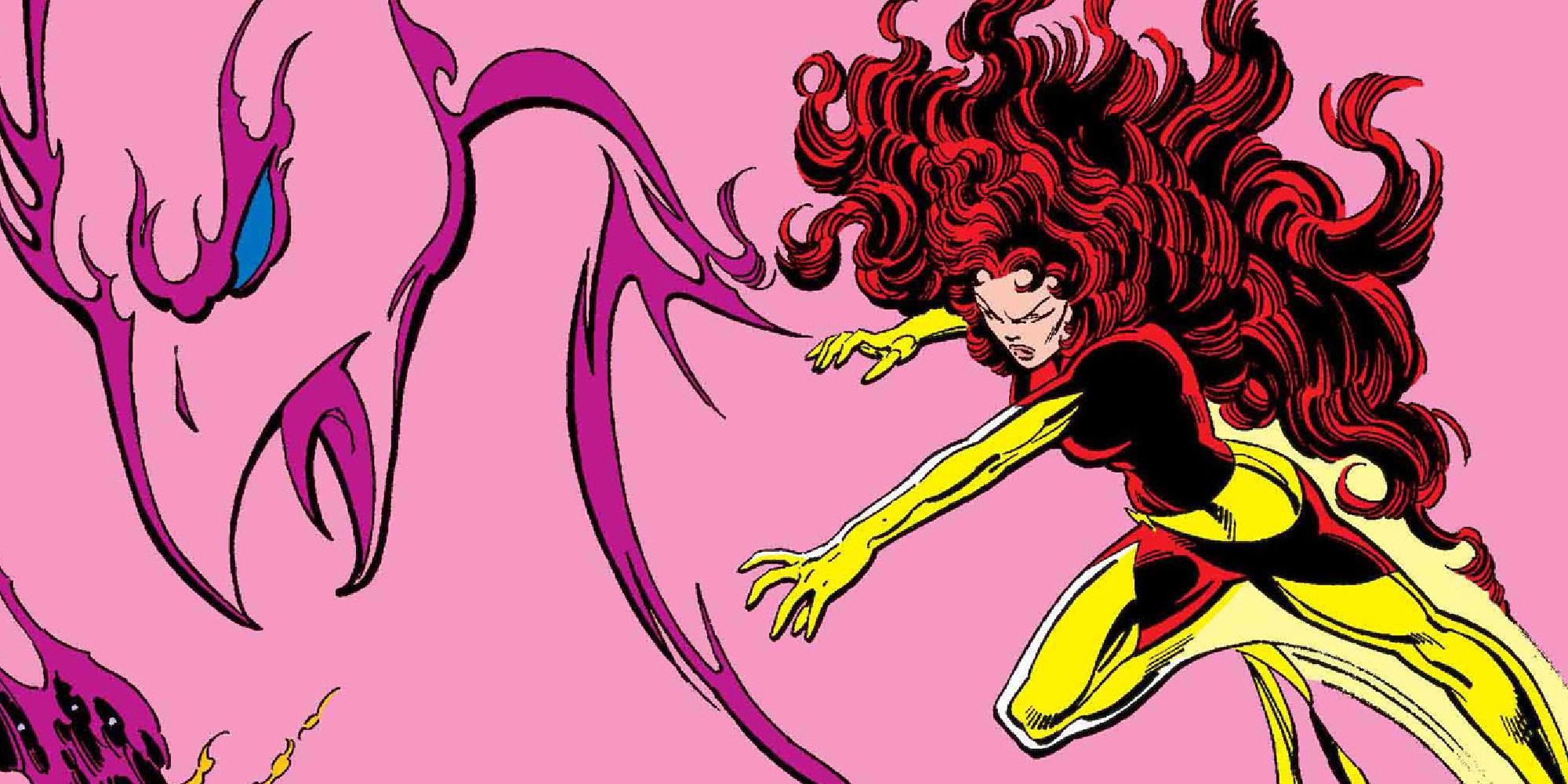This article contains minor spoilers for Doctor Strange in the Multiverse of Madness.One of the most frequent topics of theorization among fans of the Marvel Cinematic Universe is what exactly the inevitable X-Men films will look like once the mighty mutant team makes its formal MCU debut. And ever since the release of Doctor Strange in the Multiverse of Madness, those conversations have only grown more prominent.
By now, it’s no secret that Patrick Stewart returned to the role of Professor X for a brief appearance in the Doctor Strange sequel, resulting in the first appearance of an X-Men character in the MCU. So now that the floodgates have been opened, fans are eager to find out when the X-Men will receive their own dedicated MCU films, and what comic storylines they’ll draw from. And while the X-Men have a rich and extensive comic book history with many beloved storylines to choose from, there’s one specific arc that’s so iconic, it’d be a shame not to adapt it in the MCU — even if it does have a bad track record on the big screen.
A Dark Past
“The Dark Phoenix Saga” is a storyline by Chris Claremont and John Byrne that ran from Uncanny X-Men #129-138 in 1980. The arc focuses on founding X-Men member Jean Grey, aka Phoenix, being captured and brainwashed by the villainous secret society known as the Hellfire Club, who seek to bring Jean’s immense psychic power under their command. However, their interference causes Jean to lose control of her power and go berserk, transforming into the all-powerful destroyer of worlds called Dark Phoenix.
This storyline has been adored by X-Men fans for decades, widely hailed as the greatest X-Men story of all time. Unfortunately, “The Dark Phoenix Saga” has yet to receive a film adaptation that captures the greatness of the original comic — though not for lack of trying. 2006’s X-Men: The Last Stand, directed by Brett Ratner with a screenplay by Simon Kinberg and Zak Penn, features Jean Grey being taken over by an evil alternate personality called Phoenix, in a clear allusion to the Dark Phoenix of the comics. However, The Last Stand has so little to do with “The Dark Phoenix Saga” in terms of plot and characterization that it doesn’t even really count as a proper adaptation.
The Last Stand received mixed reviews from critics, and many fans were unhappy with its deviations from the source material. However, the next attempt to bring “The Dark Phoenix Saga” to the big screen would fare even worse. In 2019, the sequel to X-Men: Apocalypse — simply titled Dark Phoenix, with no X-Men in the name — hit theaters to near-universal derision from fans and critics alike. Simon Kinberg returned from The Last Stand, this time serving as both the sole writer and director of the film. And while Kinberg attempted to deliver a more comic-accurate adaptation of “The Dark Phoenix Saga”, the result was the worst-reviewed film in the entire X-Men film franchise, and the second-lowest grossing film behind 2020’s oft-forgotten The New Mutants.
Death and Rebirth
With two failed film adaptations under its belt already, one might think that the MCU should leave “The Dark Phoenix Saga” well enough alone. After all, what are the odds that moviegoers would take a chance on a third Dark Phoenix movie when the first two were so underwhelming? However, leaving “The Dark Phoenix Saga” out of the MCU would be doing a disservice to one of the most acclaimed, series-defining story arcs in X-Men history. While it’s true that both The Last Stand and Dark Phoenix are disappointing adaptations, that isn’t because “The Dark Phoenix Saga” isn’t worth adapting. Rather, they failed as adaptations because they didn’t capture the emotional depth that made the original comic resonate with readers so much to begin with.
The MCU’s inevitable X-Men reboot provides a perfect opportunity to improve on the flaws of past Dark Phoenix movies. For instance, one of the fatal flaws for both previous adaptations is that Jean Grey herself received little focus in the preceding films, making the tragedy of her corruption and eventual death fall rather flat. Audiences won’t care what happens to Jean if they haven’t had time to get attached to her first. A major reason why Jean’s downfall is so heart-wrenching in the comics is because she’d been a prominent character for most of Claremont’s run up until “The Dark Phoenix Saga”.
In particular, Jean’s relationship with Scott Summers, aka Cyclops, was a major subplot. And while Cyclops has never been a particularly nuanced or charismatic character on film, Claremont portrays him as a tortured, distant figure who feels crushed beneath the burden of leadership. Jean is one of the few people able to get through his cold exterior and connect to the vulnerable man underneath — after all, Scott is one of the few people who can relate to Jean’s desperate need to always keep her powers under control. The relationship between Jean and Scott serves as the emotional core of “The Dark Phoenix Saga”, meaning that any adaptation that fumbles their characterization will inevitably feel hollow.
Rising From The Ashes
Speaking of characterization issues, both Kinberg’s scripts make a critical misstep with their portrayal of Jean. Namely, Jean is never portrayed as being in control of her abilities — she’s either been taken over by an evil alter ego or she’s struggling to control the power of a cosmic entity inhabiting her body. By contrast, Claremont portrays Jean as being in total control of her power at all times. The danger comes not from Jean being too weak to properly wield the absolute power at her disposal, but the temptation to use that power selfishly. And thanks to the Hellfire Club’s tampering, Jean ends up giving in to her most cruel and vengeful impulses, unleashing all her bottled-up rage and passion in the form of Dark Phoenix.
The story of “The Dark Phoenix Saga” is the story of a young woman who had spent her whole life isolated from others, terrified of the power at her disposal. Her buried resentment and desperate hunger for freedom caused her to lash out at the people she loved the most, only for that same love to bring her back to the light. In the end, she chose to sacrifice herself for the greater good rather than live with absolute power. The tragedy of Jean Grey is one that’s captured the hearts of countless comic fans since the 1980s, and it deserves to finally receive a faithful film adaptation in the MCU.




